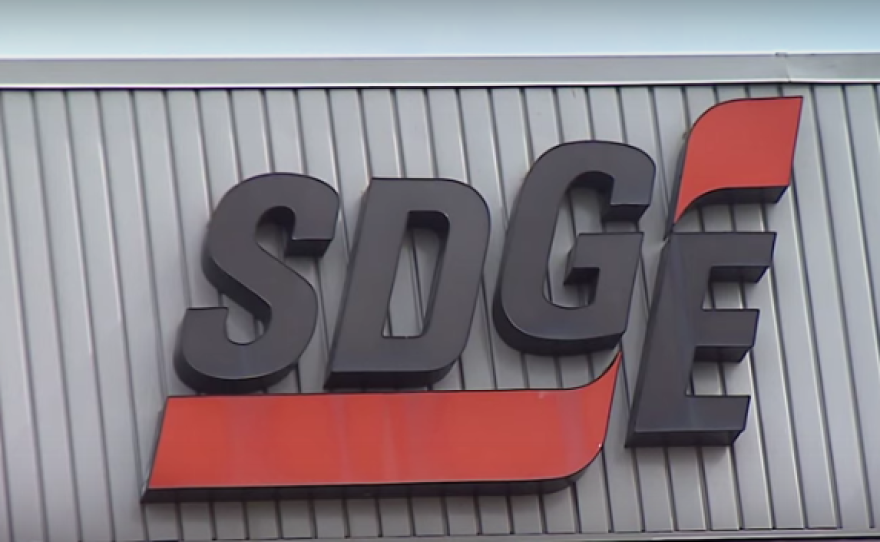A request from San Diego Gas & Electric to become the first utility in the state to form a separate marketing district that can lobby on the alternative energy program community choice aggregation has been suspended for up to four months.
Community Choice Aggregation
Under the current system, SDG&E purchases energy for all the residents and businesses in San Diego. Under community choice, the city would make those purchasing decisions, giving it more control over where its energy comes from, the cost and how much clean energy is in the mix.
Last month the utility sent a notice to the California Public Utilities Commission saying it plans to form an independent marketing district that could lobby on community choice.
The district would be funded by shareholders, not the utility's customers. California law says the only way utilities can communicate about community choice is by forming an independent district.
Last week, the California Public Utilities Commission sent a notice to SDG&E saying its request was suspended for 120 days to give staff time to review it.
The utility had wanted its marketing district to become effective on Dec. 21. Amber Albrecht, a spokeswoman for SDG&E, said by email that it's common for the state to suspend advice letters to allow staff the time to review the comments received.
In its letter asking to form the district, the utility wrote that as local governments create their own climate action plans and consider community choice, the state's "extraordinary restrictions" leave "an informational vacuum for those very local governments and stakeholders who are trying so hard to pursue the right path toward a greener energy future."
"This vacuum is the product of the utility’s concern that it might be accused of advocating against CCA, as opposed to the utility simply participating in a healthy public discussion of the region’s efforts and progress toward a greener future," SDG&E said.
Lawyer Ty Tosdal, who advises clients on energy regulatory and California Public Utilities Commission proceedings, said it is common for the state commission to suspend a request when protests are filed. He said the decision on SDG&E's marketing district could come in less than four months, depending on how long the review takes.
But, he said, the suspension's "practical effect is that SDG&E is unable to move forward with their marketing and lobbying efforts against community choice programs until they receive written approval from the energy division of the commission."
SDG&E's move to form the marketing district drew protests earlier this month from environmentalists, as well as the cities of Solana Beach and Del Mar, the Northern California community choice program Marin Clean Energy, state Sen. Marty Block, D-San Diego, and county Supervisor Dianne Jacob.
San Diego City Attorney Jan Goldsmith also sent a letter to the state, not in protest, but requesting more information about SDG&E's decision.
Tosdal said the number of protest letters received and the diversity of entities that sent them is unusual.
"It's not common to see this volume of protests filed, and this diverse set of stakeholders who have filed protests," he said.
Nicole Capretz, the director of the environmental nonprofit Climate Action Campaign, said the California Public Utilities Commission's suspension of SDG&E's request means "the CPUC understands the high stakes of this decision based on the flood of protest filings they received from a wide variety of stakeholders statewide."
"Cities want to give families the freedom of energy choice and the CPUC is concerned that SDG&E wants to take that freedom away," she said.
San Diego is considering switching to community choice as a way of using only renewable energy by 2035, a goal laid out in the Climate Action Plan passed by the City Council this month.
Currently, San Diego Gas & Electric purchases energy for all the residents and businesses in San Diego. Under community choice, the city would make those purchasing decisions, giving it more control over where the energy comes from.






